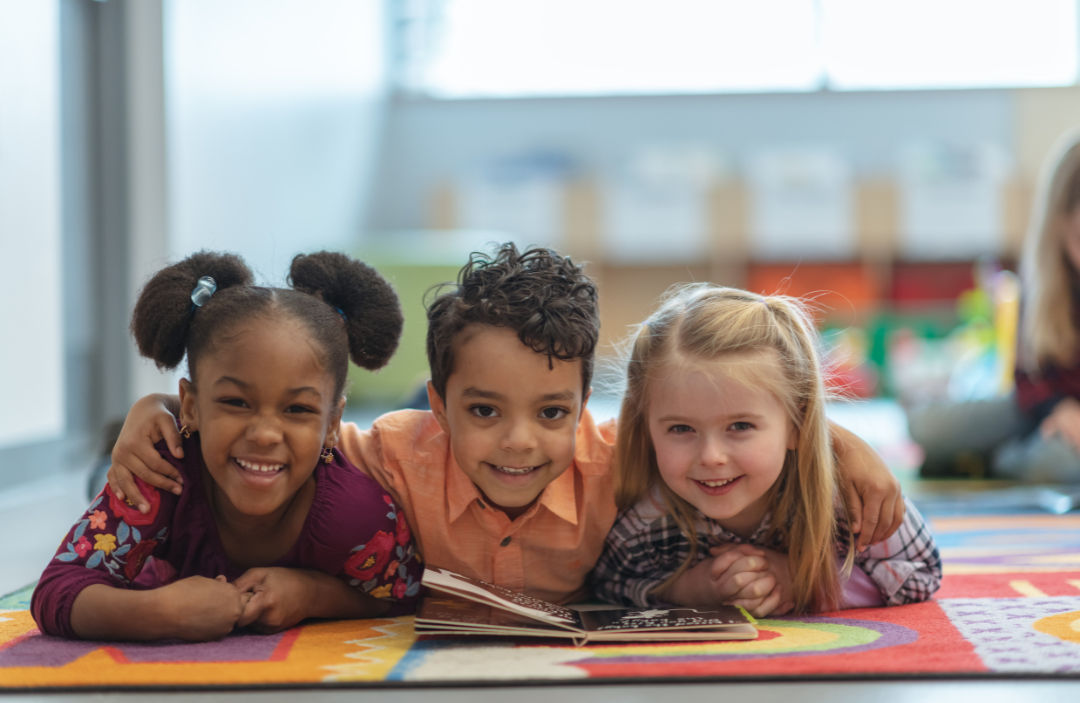Learning is supposed to be fun!
Why does it seem as though almost every child, teenager, and student you meet these days has a very depressing perspective when it comes to their own education?
Students seem overworked, highly stressed, and extremely depressed…. And statistics only confirm the reality we are facing.
The worst part is that it doesn’t seem like most students actually retain the information they learn.
Modern education is meaningless regurgitation.
The education system is a vicious cycle of memorization and regurgitation.
Learning is supposed to be fun and enlightening. Some might blame a lack of funding, resources, and quality teachers. The truth is, you could give the government $10 billion dollars and our students would still be learning the wrong things… and half of the money would probably go missing too! 😉
At the end of the day, it all comes down to the curriculum and the way the system was designed.
7 Ways the Education System Can Improve
Here are a few suggestions for how we can improve the education system.
1. Financial literacy
45% of Americans have NOTHING ($0) in their savings accounts.
An additional 24% of Americans have less than $1000 in their savings account. A solid 64% of Americans live paycheck-to-paycheck.
Nearly 6 in 10 Americans don’t have enough savings to cover a $500 or $1,000 unplanned expense, according to a report from Bankrate.
The problem is not that Americans are making too little. The issue stems from the fact that as peoples’ wages increase, so do their expenses.
Students should be taught from a young age on how to make smart financial choices and how to live within their means.
Saving money is so important. You never know when you’ll need to reach into your savings to cover an unexpected expense.
2. Nutrition
73% of Americans are overweight.
According to the CDC, the prevalence of obesity in the US was 41.9% in 2017 – March 2020. By the year 2030, 60% of Americans will be obese.
Obesity is a disease that causes many other diseases including cancer.
Eating healthy has the power to change our lives for either better or worse. Food is either medicine or poison. It effects our mental, physical, and emotional health.
Unfortunately, it seems that people clearly don’t understand or recognize the role in which food plays to prevent cancer, disease, and chronic illness.
If students were taught how to eat properly and navigate our supermarkets which are filled with processed foods, we might be able to combat this very alarming epidemic.
3. Mental Health
Suicide is the 2nd leading cause of death among youth between the ages of 10-14 and 25-34.
Society’s mental health is suffering. Approximately 1 in 15 high school students attempt suicide every year.
Teaching children and adolescents simple practices like yoga and meditation could help change lives.
Offering yoga classes would be a fun and relaxing way to teach students how to take care of their minds and bodies during life’s most stressful moments. Teaching students how to cope and help themselves would be very beneficial.
4. Debate
We need to teach the future of our world how to be comfortable with dissenting opinions and beliefs.
Having a class where students could debate one another on important issues facing our society would be great for so many different reasons. Debate would teach students how to communicate with those who have different views while encouraging critical thinking skills.
It would also teach students how to make strong arguments by backing their claims with facts and evidence.
It would encourage students to do heavy research on whatever topic it is they will be debating. In the age of information, researching skills have never been more critical.
As a result, students would also build confidence and passion for subjects they feel strongly towards.
5. Manners
Please. Thank you. You’re welcome. Good morning.
Basic etiquette has been lost in society nowadays. Whether this be a result of the family unit collapsing or just societal norms these days, we need to teach future generations how to behave.
Holding the door for others, saying please and thank you, and offering a hand when someone is in need should never be out of style.
Chewing with your mouth closed and how to hold a fork and a knife are skills that could use some dusting off as well. This should probably be incorporated into early childhood education because it almost seems ridiculous having to teach a teenager such things.
6. Encourage Reading
Americans between the ages of 15 and 44 spend 10 minutes or less per day reading.
Approximately 43 million adults in the United States possess low literacy skills.
If we aren’t reading, how are we learning?!
Developing literacy skills via reading is one of the best ways to encourage people to further their own education and explore new ideas.
Reading improves vocabulary, teaches us how to be better writers, nurtures the mind, and improves conversational skills.
It stimulates the parts of the brain responsible for empathy, emotion, decision-making, and autobiographical memory.
As a result, this keeps the mind sharp and even helps to reduce the risk of dementia and cognitive decline.
7. Economics and the World
Creating a society of adults who understand the world they are navigating requires well-rounded knowledge.
It’s important to understand how the economy works and how government impacts our lives, for either the better or worse.
Analyzing real, everyday situations that are happening in the world opens the mind in new ways. It also teaches children and teenagers the importance of staying involved in their communities. The power of a large, unified group should never be underestimated.
Global awareness is extremely important, especially when it comes to propaganda. In the United States, we are often unaware of current events happening in other countries. This would be a great way to add perspective to events happening in our own country and how we as a world could come together on certain issues.
Awareness is key. History repeats itself over and over, and yet society still hasn’t learned. We must reflect and deeply analyze historical events to prevent them from re-occurring.
Having teachers with different perspectives in the same classroom sounds like a fair way to approach this.
The question is, can we ever truly depend on large, (government) institutions to teach our children the truth about society?
Is a government-funded, institutionalized education the best option we have?
More and more people have turned to homeschooling, but not everyone has the privilege or capacity to teach their own kids.
What about college?
Fewer employers are requiring a college diploma for certain career paths.
The value of a college education has also come into question. Are there better alternatives?
Mentorships would be more valuable, less expensive, and more effective in gaining real-world experience than a college degree.
What do you think? How else could we improve the modern education system?


























Add comment